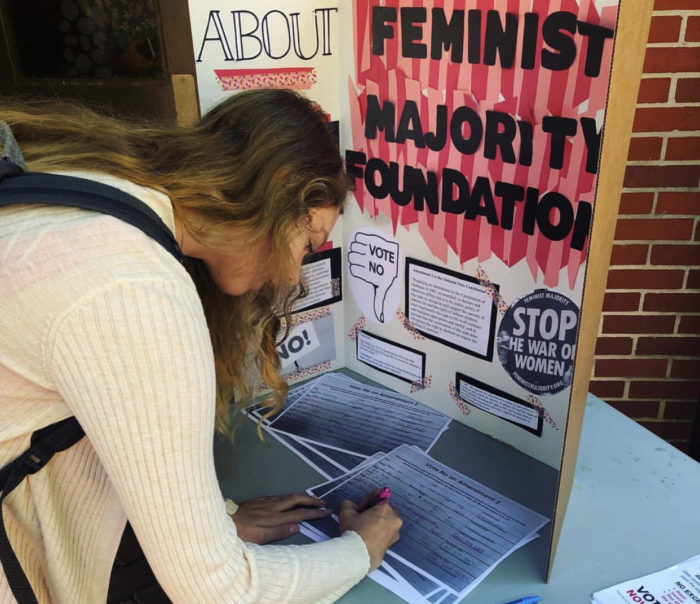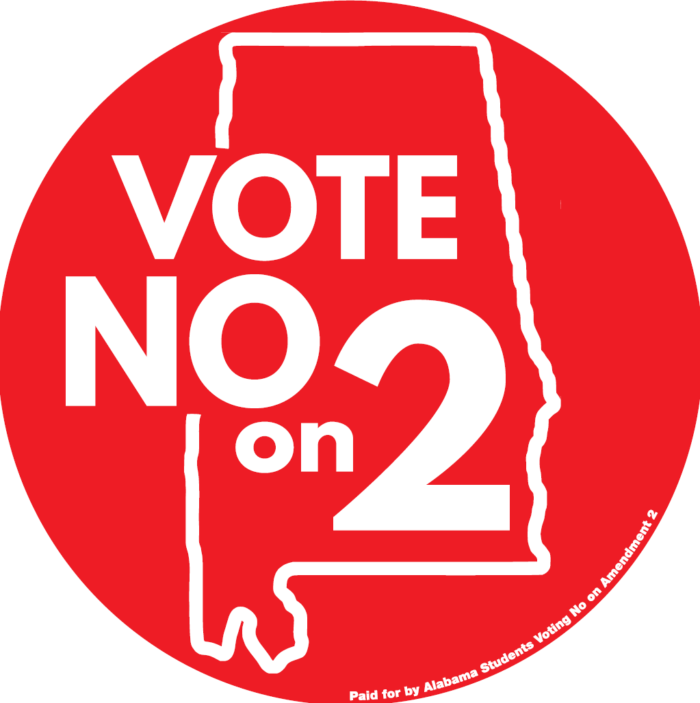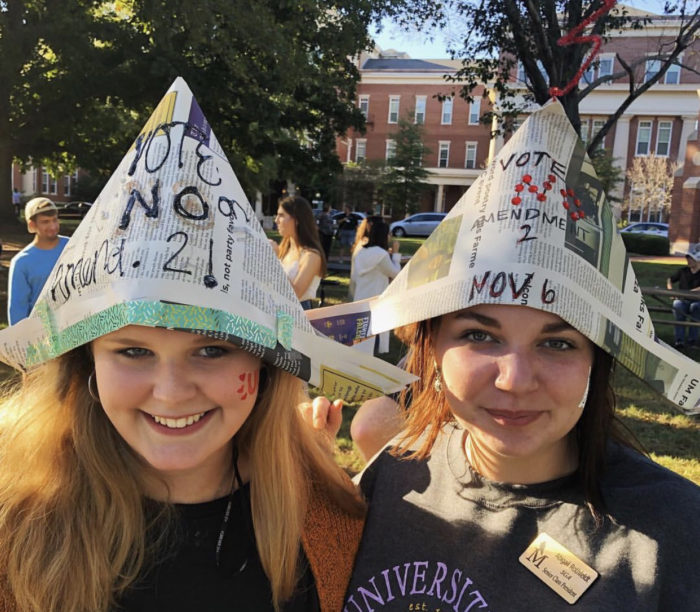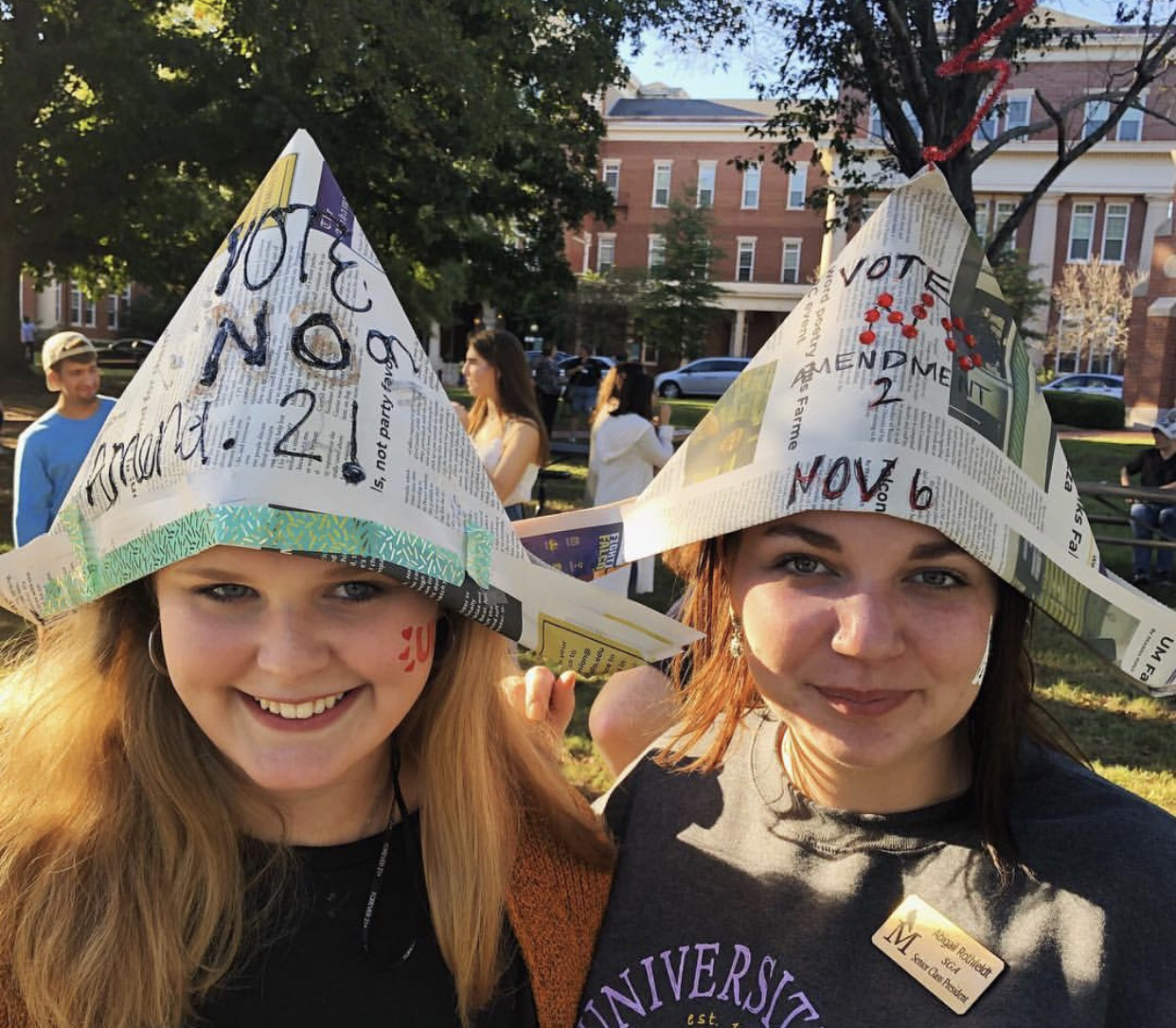Earlier this year, Alabama’s State House passed one of the most restrictive abortion bans in the nation: The Human Life Protection Act. This ban criminalized abortion providers, giving them 10-99 years in a state prison for performing an abortion. Masked under a “pro-life” agenda, the authors of this bill disregarded the impacts it would have on minorities and low-income women. This ban was filibustered by state Democrats, primarily the Black Caucus, while Republicans passed this unconstitutional law into action. Governor Kay Ivey (R), a white woman, signed the bill into law on May 15th.

This bill would have gone into effect two weeks from now– on November 15th–if not for the blockage of Judge Thompson, a justice of the United States District Court of the Middle District of Alabama. This bill terrorized millions by hanging the looming threat of a major cut to reproductive healthcare over Alabamians’ heads since March. From the bill’s use of trans-exclusive language to its absence of exceptions in cases of rape and incest, the people of Alabama were terrified of a future without abortion access. This brought abortion rights to the forefront of student organizations’ agendas. College students on campuses throughout the state were the boots on the ground in the fight to keep abortion safe and legal in a gerrymandered and voter-suppressed red state.
Feminist and reproductive advocacy groups held countless events, canvassed, and mobilized others in Alabama to vote against the ban and destigmatize polarized topics like abortion. They–we–are the grassroots movement to educate and lead others in the state to advocate for healthcare as a human right. A young, political advocacy group that has branched out into the South is URGE: Unite for Reproductive and Gender Equity. URGE chapters across Alabama spent month after month preparing for, educating folks about, and campaigning against The Human Life Protection Act.

This bill began as an amendment on the Alabama ballot during midterm elections last fall. In order to pave the way to permit what would become The Human Life Protection Act, Amendment 2 altered state policy to “recognize and support the sanctity of unborn life and the rights of unborn children, including the right to life.” The Feminist Majority Foundation combated Amendment 2 through a targeted Vote No on 2 grassroots campaign led by student activists across the state.

Student leaders in URGE at Montevallo registered 10% of their campus to vote and held multiple Abortion Positive Tours, aimed at destigmatizing and educating others on the difficulties of seeking an abortion in the state. Anna Callan, URGE at the University of Montevallo’s President states, “judicial efforts to overturn the ban would be ineffective without the [aid of student activism].” She argues there is a “cultural shift towards education, destigmatization, and acceptance of abortion” when grassroots efforts are leading the fight. Grassroots campaigns and activists are “directly needed in the rural south” in order to impact the nation.
Student activists like Anna were elated upon hearing the news of the blocked ban. After leading a student movement against the ban (and unfortunately losing the battle against the amendment), activists have waited and watched both Alabama’s State House and a hostile United States Supreme Court, which will be hearing a Louisiana abortion case that has the potential to outlaw abortion statewide sometime next year, the two ticking time bombs with the power to roll back reproductive rights for years to come. Anna Beth Peters, a junior at URGE at the University of Alabama said, “seeing that this ban [was blocked made] me feel like the work we do with URGE is making a difference and that our opinions are actually being represented by those in power.”
Student opinions and efforts matter immensely in the fight for access to reproductive healthcare. We are the country’s future workforce and future office holders, and we know our way around a ballot box.
We are the boots on the ground that fight for reproductive justice.

